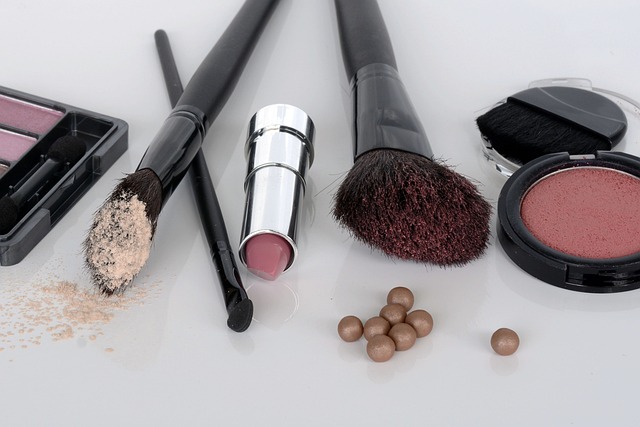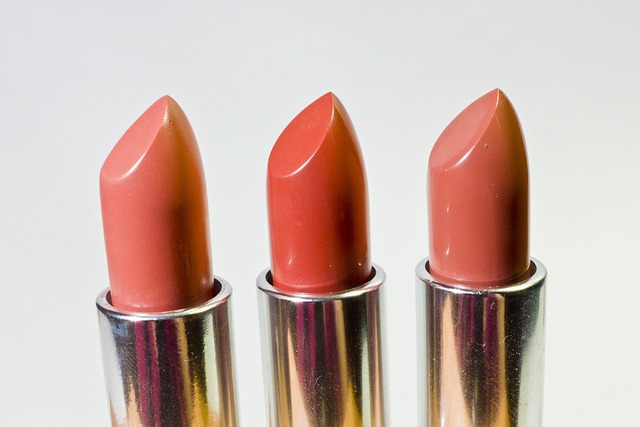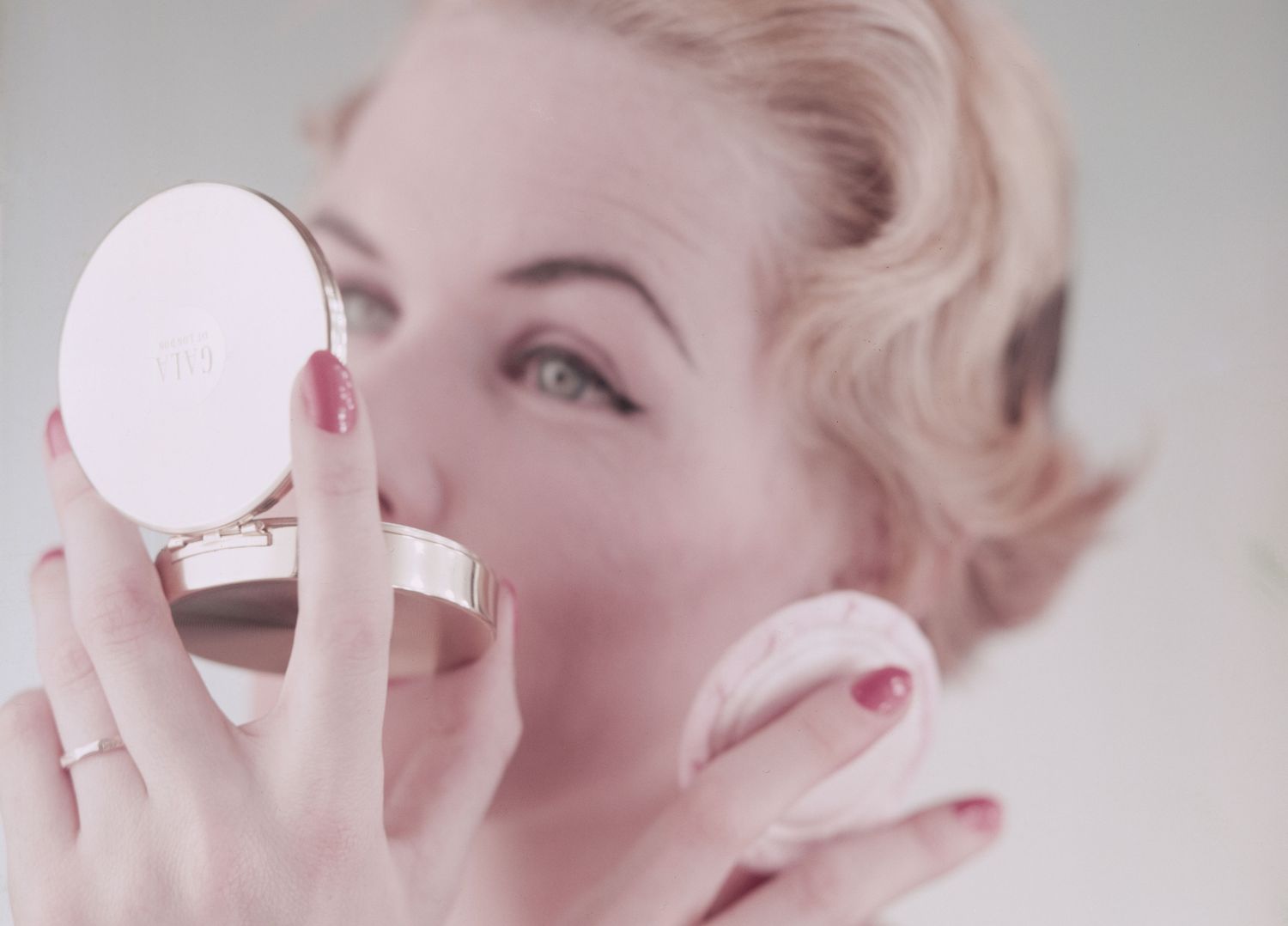The Lipstick Effect
The term “lipstick effect” was coined by Leonard Lauder, chairman of Estée Lauder, during the recession of the early 2000s. Lauder noticed that during times of economic downturn, sales of cosmetics, particularly lipstick, tended to increase. This phenomenon sparked interest among economists and psychologists alike, leading to studies and theories to explain this seemingly counterintuitive behavior.
Understanding the Psychology Behind the Lipstick Effect
The lipstick effect is rooted in the theory of “psychological hedonism,” which suggests that individuals seek pleasure and avoid pain. During times of economic uncertainty, people may feel a lack of control over their financial situation. In response, they may turn to small indulgences, such as buying cosmetics, to boost their mood and regain a sense of control. Lipstick, being relatively affordable compared to other luxury items, becomes a popular choice for consumers looking to treat themselves without breaking the bank.
The Lipstick Effect and Consumer Behavior
The lipstick effect extends beyond cosmetics to include other “affordable luxuries” such as chocolate, shoes, and accessories. These items offer consumers a sense of comfort and indulgence during tough economic times. Additionally, the lipstick effect reflects a shift in consumer priorities, where individuals prioritize small indulgences over larger purchases or investments.
Economic Implications of the Lipstick Effect
From an economic standpoint, the lipstick effect can have both positive and negative implications. On one hand, it can help stimulate consumer spending during downturns, providing a boost to the economy. On the other hand, it can also mask underlying financial issues, as consumers may prioritize short-term gratification over long-term financial stability.
The Lipstick Effect in Practice

The lipstick effect has been observed in various economic downturns, including the 2008 financial crisis and the COVID-19 pandemic. During these times, sales of cosmetics and other affordable luxuries saw an uptick, reflecting consumers’ desire for small indulgences in the face of economic uncertainty.
The Psychological Impact of Economic Downturns
The lipstick effect highlights the complex relationship between psychology and economics. While on the surface, buying lipstick during a recession may seem frivolous, it reflects deeper psychological needs for comfort and control. Understanding the lipstick effect can provide valuable insights into consumer behavior and the broader economic landscape during times of uncertainty.


